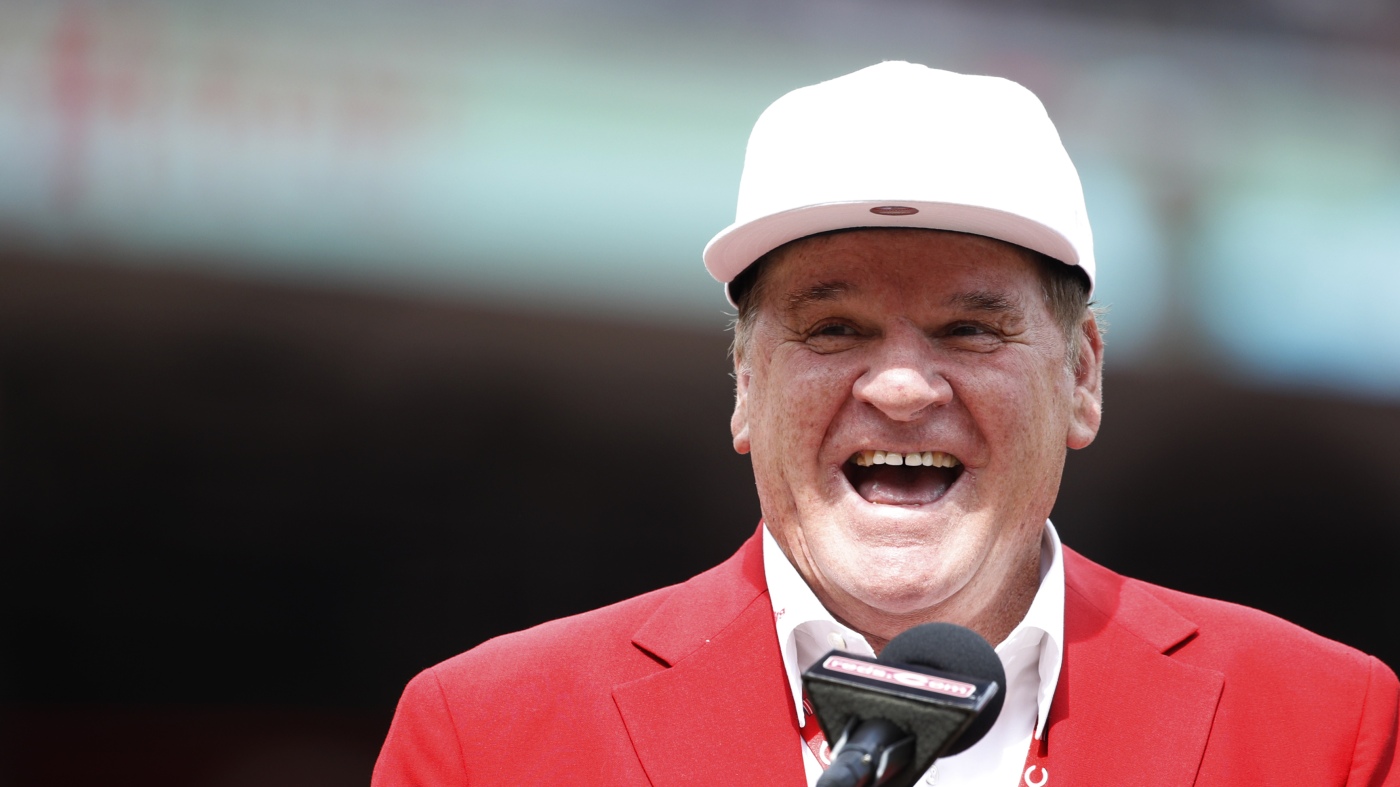“`markdown
A Swing at Redemption: MLB’s Historic Reckoning with Banned Legends
The crack of a bat, the roar of a crowd, the unbreakable records – these are the hallmarks of baseball immortality. Yet for over a century, two names have existed in a purgatory between legend and disgrace: Pete Rose and “Shoeless” Joe Jackson. MLB’s seismic decision to lift their lifetime bans forces us to confront baseball’s most uncomfortable question – can extraordinary talent ever outweigh extraordinary transgressions?
The Unfinished Innings of Charlie Hustle
Pete Rose didn’t just play baseball; he devoured it. With 4,256 hits – a record that may never fall – his statistical case for the Hall of Fame is bulletproof. But statistics tell only half of Rose’s story. The other half reads like a morality play about addiction and accountability.
Rose’s 1989 gambling admission wasn’t merely a violation of Rule 21(d); it struck at the sacred covenant between baseball and its fans. The critical nuance? While he bet on his own team to win, the absence of game-fixing evidence creates ethical quicksand. Modern analysts argue his sin was against baseball’s image rather than its competitive integrity – a distinction that now weighs heavily in his favor.
Shoeless Joe’s Ghost Still Swings
The Black Sox Scandal remains American sports’ original sin. Eight White Sox players, including the .356 lifetime hitter Jackson, became synonymous with betrayal after the 1919 World Series. Yet historical forensics reveal troubling gaps:
– Jackson’s .375 Series batting average
– No verifiable testimony of his participation in meetings with gamblers
– His disputed signature on a grand jury confession
The tragedy of Jackson isn’t just about guilt or innocence – it’s about how baseball’s need for a cautionary tale may have eclipsed due process. His ban became the sport’s nuclear deterrent, warning generations that no talent could survive integrity violations.
MLB’s Cultural Curveball
Commissioner Manfred’s decision reflects three seismic shifts in sports philosophy:
Modern psychology recognizes that lifetime bans often say more about an institution’s need for control than about proportional justice.
In an era where museums display Caravaggio’s works despite his murder conviction, sports increasingly acknowledges that achievement and morality exist on parallel tracks.
With baseball’s younger demographics dwindling, the sport can ill afford to keep its most compelling historical figures locked in the basement.
Cooperstown’s Moral Infield
The Hall of Fame now faces its most philosophical voting process since integration-era candidates emerged. Key considerations:
– The Precedent Paradox
If Rose enters, does that open doors for steroid-era stars? The crucial difference lies in gambling being an “off-field” violation versus PEDs affecting on-field performance.
– The Jackson Rehabilitation
Posthumous recognition would require MLB to essentially overturn a 104-year-old verdict with incomplete evidence – a legal minefield.
– The Fan Sentiment Factor
Recent polling shows 61% of fans support Rose’s reinstatement, while Jackson’s case remains split along generational lines.
The Ninth Inning
Baseball isn’t just a game of rules – it’s a mirror held to America’s evolving conscience. In lifting these bans, MLB acknowledges that legacies, like fastballs, sometimes need to be re-gripped mid-flight.
Whether Cooperstown’s doors ultimately open or not, this moment transcends two men. It’s about whether baseball can honor its complicated heroes without glorifying their flaws – and whether America’s pastime can finally make peace with its past’s imperfect perfect storms.
The scorecard will read: Game suspended, 1919-2023. Play ball.
“`











